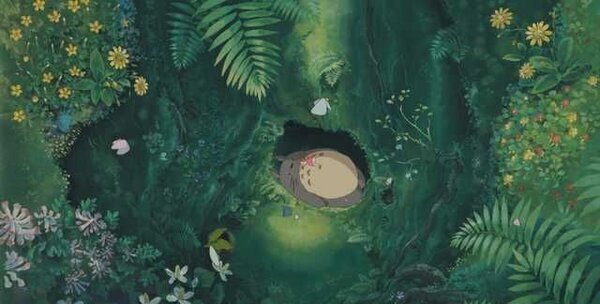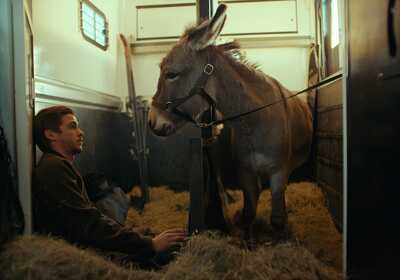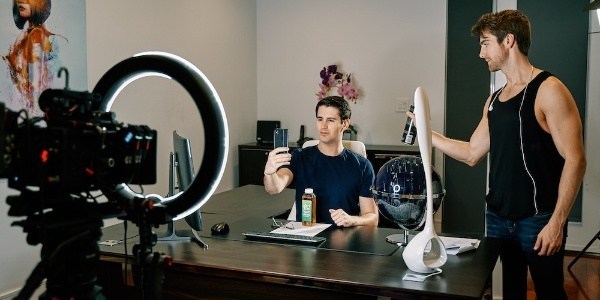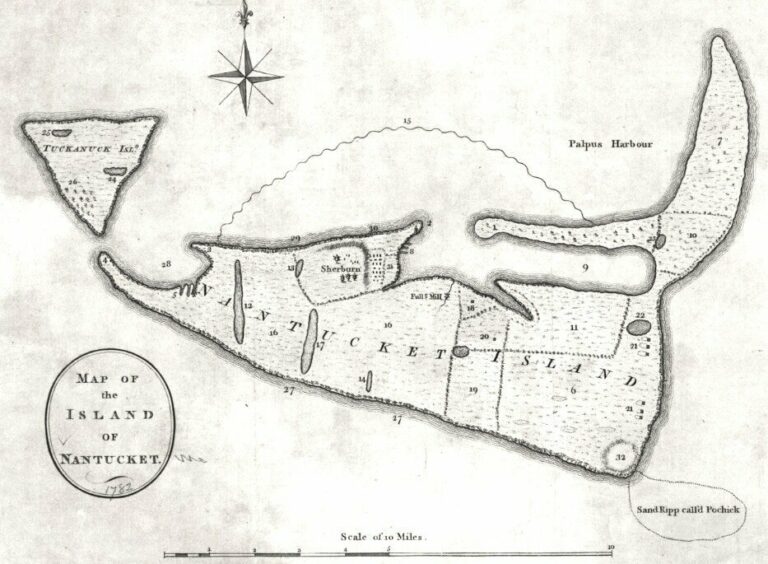Crack: Cocaine, Corruption and Conspiracy Documentary Review
★★★★ Stars
Directed by: #StanleyNelson
Starring: #KoeRodriguez, #SamsonStyles, #CarlHart, #MitchCredle, #SusanBurton, #ToniaTaylor
Film Review by: Alicia Moore
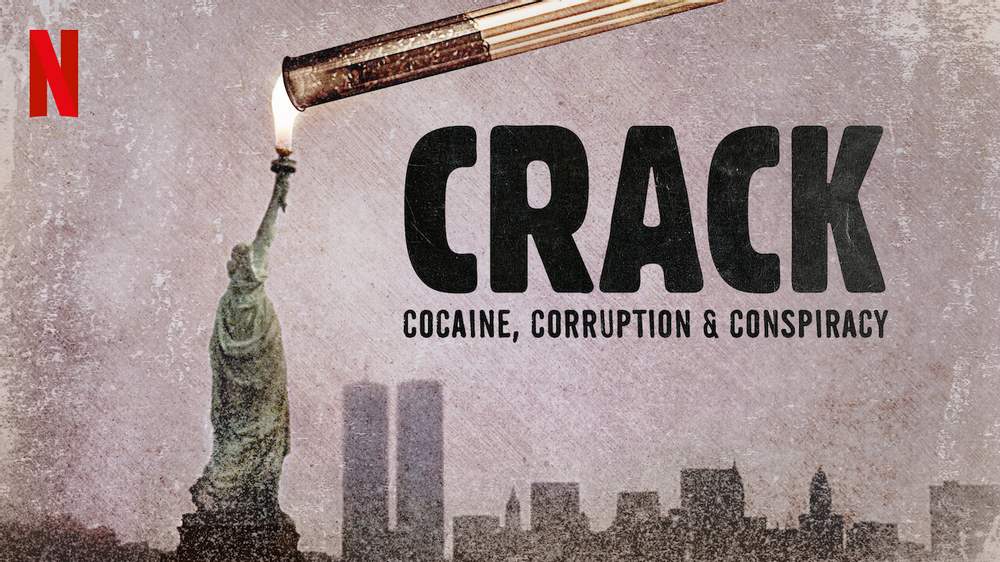
“In the early 1980s, the crack epidemic tore through America’s inner cities like a tsunami, ravaging all in its wake.”
Crack: Cocaine, Corruption and Conspiracy showcases the brutality of the ‘crack epidemic’ throughout the 1980s and as it begins to escalate in the 1990s as well. It is a smoothly made documentary with more accurate information on the subject than I’ve personally encountered before — when I was a student, I thought that I’d be taught about the devastation that the drug brought down on the black community especially, and how the American government failed to respond to this, but unfortunately I was not. The film provides the information I thought I’d be actively taught in a way that strikes the heart, and strikes it hard.
The direction, by Stanley Nelson is absolutely wonderful. The entire documentary is split up into sections, each relaying different details of the damage that had been caused at the time and how it has followed us into the present. Insight is given to both timeframes through the eyes of previous users and dealers of the drug, journalists, authors, historians and former undercover officers, as well as Charles Rangel, the former U.S. Representative for districts in New York from 1971 to 2017. The details are raw and heavy thanks to the individuals who participated in the filming, and the chapters (sections) help to then organise these details for audiences to easily understand. The information given may be easy to untangle, but it is definitely not easy to digest. The chapters move along chronically starting from 1980, yet the danger and hurt that awakened in America from this time is seen to only escalate further in all formats. The choice to show the sections in this way was a great directional selection too, as it enhances the impact that the inclusions have on audience members.
The one slightly negative aspect of the documentary is that, because of its runtime, some details included in the whole subject could not be tackled for an extended period of time and then felt like they were being pushed to the side. For example, the impact that women and mothers alike suffered because of the drug — whether they consumed it, dealt it, both or neither. However, this can be understood due to the fact that the wrecking was caused by a demon with a multitude of faces; it is almost impossible to cover all of them but a better balance could have been introduced.
The film’s editing (Brittany Huckabee, Mike Long, Jeremy Phillips, Charnelle Quallis) compliments the direction and matches the energy it gives to the documentary as a whole. The editing can be viewed as simplistic to the eye but never fails to still hold vibrant undertones. It has extra value through the incorporation of music videos, news and commercial clips that were released at the time. These are brilliantly combined with the filming of interview-like segments of the documentary, seamlessly stitching them together so that they share the same beat and intertwine as if they were made specifically for that moment. Everything included in this documentary perfectly flows together; it is a great experience for the senses with the pounding of the chapters’ emotions changing accordingly due to the editing style.
Crack: Cocaine, Corruption and Conspiracy is an educational and extremely emotional documentary that individuals can connect to from every corner of the world. It opens up a lot of information that may have been unintentionally hidden from those outside of America, like myself within the UK. Netflix usually lacks in the production of brilliant original films, but when it comes to documentaries that brilliance is always found. I highly recommend this because of its links to the present and the utterly impressive making of the documentary overall.
Before wrapping up this review entirely, I would just like to take some time to speak on how important the issues that Crack: Cocaine, Corruption and Conspiracy talks about truly are. These elements are especially relevant now as the Black Lives Matter movement thrives. The documentary expresses how the American government, joined with the police, did not respond to the death and destruction of the selling and consumption of the drug — even as the number of deaths and the number of individuals losing their lives in financial terms continued to grow. When the media did begin to focus on this ‘crack epidemic,’ the deeply rooted racism in the country struck through in headlines and articles, building stereotypes towards the black community, particularly towards women of colour and those who were mothers, that still float in the air today. Any campaigns that arose directly from the government were very hypocritical and mostly used simply for political gain and a view of their own strength in position.
Poverty, death, illness and fear were already prominent throughout America but officers, along with the government, only decided to pay attention after one of their own was killed. Even still, no help was given — dealers and consumers were seen as villains and treated like landfill; the police weren’t there to help it seemed, it was like they were there to create another war on streets that were already engaged in battle. People of colour were the main target of the increased brutality here, prisons began to burst at the gates with individuals being incarcerated; unjustly, may I add, because of the clear targeting and the use of the Anti-Drug Abuse Act of 1988 which was not thoroughly thought through before being passed.
A fellow critic, Max Power, stated that this documentary “helps to explain why so many people want to defund the police” and I completely agree. History can repeat itself in many forms, which is quite terrifying to recognise but significant to do so.

